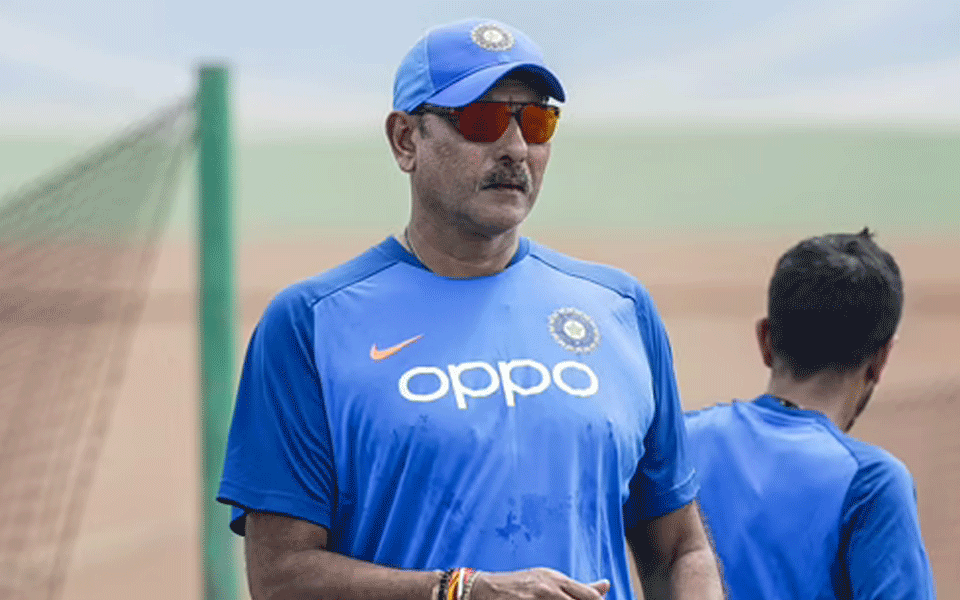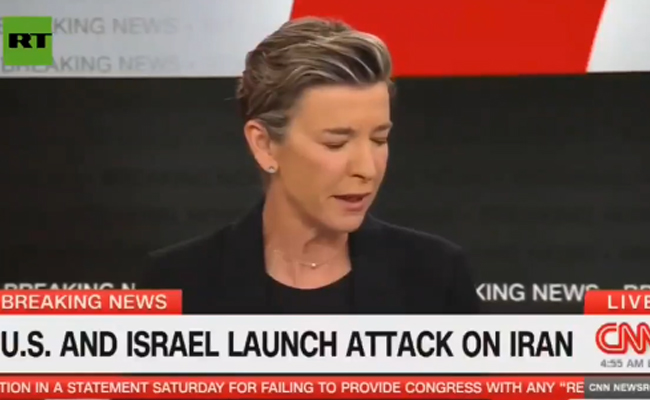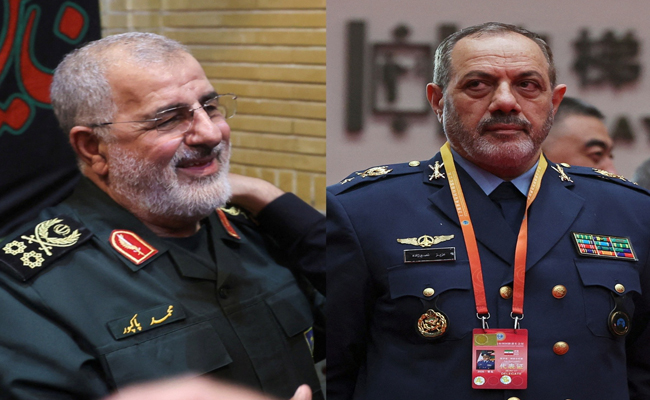London(PTI): Robert Key will need to grow a "thick skin" akin to the Dukes ball just like I grew one to counter the "jealous people", former India head coach Ravi Shastri said on how the ex-England opener should go out about his job as ECB's 'Director of Cricket'.
Shastri was at helm of India's coaching staff between 2014 to 2021, save one year in the middle when Anil Kumble was given the charge.
In an interview to UK's 'The Guardian' newspaper, Shastri said that there was a "gang of people in India" who always wanted him to fail.
Just like Shastri, Key has also been an acclaimed commentator for a long time and doesn't have a coaching degree as he tries to ease into a new and very different role.
"I didn't have coaching badges [either]. Level one? Level two? **** that. And in a country like India, there is always jealousy or a gang of people willing you to fail. I had a thick skin, thicker than the leather of the Dukes ball you use. A real solid hide.
"And you need a bloody hide over here. Rob will develop this as he does the job, because every day you are judged. And I am glad he has a lot of captaincy experience from his time at Kent, because communication with the players is absolutely paramount," Shastri was quoted as saying by the British newspaper.
From his own experience of working with the Indian team, Shastri feels that national teams across the cricketing world function in a pretty similar fashion.
"Rob may have more work with the domestic game but, when it comes to the national team, it is very similar. The most important thing is getting among the players and setting a tone from the outset: what you believe in, what you think of them and changing the mindset to compete and win.
"You have to be bullish and brutish in wanting to achieve that. For us, and now England, it was about setting the challenge of winning abroad, big time. I was very firm when it came to team culture: all the prima donnas and all that shit, that had to go out of the window early," Shastri explained.
Outlining the philosophy and team culture is important, according to Shastri and that's what he had drilled in when India beat Australia in two back-to-back away series.
"...it was also outlining how we want to play: to be aggressive and ruthless, to up the fitness levels, to get a group of fast bowlers to take 20 wickets overseas. And it was about attitude, especially when playing the Aussies. I told the boys if one single expletive comes your way, give them three back: two in our language and one in theirs."
Shastri also feels that Key needs to discuss issues with former Test captain Joe Root to understand how it all works.
"Rob will have an adjustment period to understand the issues and will need to speak in detail with Joe Root for his experiences as Test captain. But in my 24 years [commentating], I did not miss a beat or a ball of Indian cricket.
"And he (Key) will have covered a huge amount too. So you're not lagging behind by an inch, you're abreast of what a team requires but also what other teams are doing. You should be able to leapfrog over all those early issues and get into the nitty gritty straight away."
Shastri felt that Ben Stokes would be the ideal choice to take the England team forward.
"The adrenaline of captaincy not that he needs it could fire Stokes up to be something even more than the incredible player he is now. The important relationship is with the captain the moment there is friction, things go downhill.
"But they will be fine because the England I saw last year, they have enough talent and skill to compete. There's no doubt about that in my mind. It's all about their mindset."
Let the Truth be known. If you read VB and like VB, please be a VB Supporter and Help us deliver the Truth to one and all.
A live broadcast by CNN from Abu Dhabi was briefly interrupted after emergency alarm systems were activated inside the network’s office here, as tensions escalated sharply in the Middle East after US and Israel struck Iran.
Senior anchor and CNN Abu Dhabi Managing Editor Becky Anderson was on air when the alarms sounded.
Anderson informed viewers that she and her team had been instructed to seek immediate shelter in line with local emergency protocols.
“I’m Becky Anderson in Abu Dhabi with the alarms going off here suggesting we should seek immediate shelter. So we’ll do that. Our breaking news coverage continues after this short break. Stay with us,” she said before the broadcast cut.
CNN host in Abu Dhabi EVACUATES ON LIVE TELEVISION as Israel and Iran exchange fire across Middle East
— RT (@RT_com) February 28, 2026
'We'll be back after this short break' pic.twitter.com/YY5GDILBVQ
The network operates a major, state-of-the-art broadcasting and production centre in Abu Dhabi, alongside its hubs in Atlanta, London and Hong Kong.
Meanwhile, similar emergency alerts disrupted a live broadcast on Al Jazeera in Doha. National emergency warnings were heard on air, advising residents to take shelter.
During the broadcast, a presenter said the alert system had been activated following reports of an Iranian missile targeting U.S. interests in Qatar.
“This is the alarm, by the way, that we all get on our phones here in Doha when there is an urgency. And so the national emergency alert system has gone off here in Qatar. The defense ministry in Qatar announcing just a short while ago that an Iranian missile has been intercepted here in Qatar, warning citizens basically to take shelter. Apologies, there's a bit of chaos in the newsroom, as you can imagine, because this is also happening here in Qatar, our emergency systems going off here,” the presenter said.
National emergency alerts blared during a live Al Jazeera broadcast just moments before explosions were heard in Qatar’s capital, Doha. The alert came as Iranian missiles targeting US interests the country were successfully intercepted. pic.twitter.com/eT6RD8fAZT
— Al Jazeera English (@AJEnglish) February 28, 2026
The development came after Iran on Saturday attacked the UAE's Abu Dhabi and Dubai, Qatar's Doha, and Saudi Arabia's Riyadh hours after Israel and the US conducted joint strikes on Iran.





